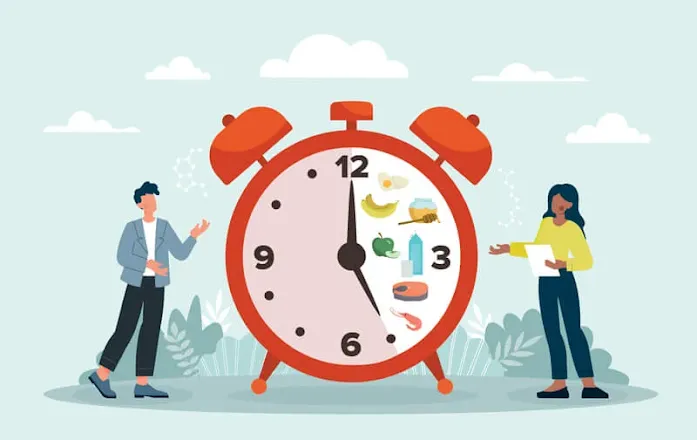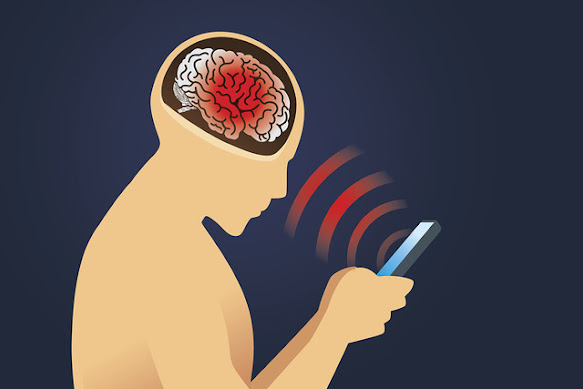Fasting Vs Longevity
Fasting is one of the underrated and overlooked topics by everyone today, you might be asking ask yourself, so if I 'stay without food and water' for approximately 12 hours everyday, I'll live longer?.
The modern world underrates fasting since it isn't fun, there's nothing fancy happening when you fast, no drugs and medicines (so how can I live longer without those?, how can I get better if I fast?).
Everyday you are bombarded by advertisements that tell you eat this, eat that, also you meet with people telling "you've got to eat 5 meals a day to keep your health straight", also everyday your instincts are telling you "I'm not hungry" and yet you still eat.
Traditionally all around the world people have been fasting at least one whole month in a year, the hindu, muslims, christians, buddhist, and other many religions have their form of fasting.
A human body was created such that when they don't eat, they bring to themselves a new biochemistry and metabolism for their bodies which are very helpful and of importance to the human body.
So, you might ask yourself, what are the benefits of fasting?
The Benefits Of Fasting
- Controlling Addiction
- Metabolic Flexibility
As a human being you are supposed to be using another part of your metabolism, so getting out of the glucose, sugar, harmful carbs now by fasting you have a new physiology by using other ground for energy in your body.
Using the other physiology makes your body a healthier and better metabolic pathway, think fasting as like running a car on two different fuels (I mean think about it!), the car being your body and the fuels being fasting and normally eating.
- Longevity
Fasting triggers a process called autophagy where cells remove damaged components and recycle them. This cellular “spring cleaning” helps maintain cell health.
- Longevity
- Avoiding dangerous Diseases
Now, since fasting changes your hormonal status, the changing of the hormonal status gets you a whole bunch of health benefits such as avoiding dangerous diseases such as strokes, heart diseases, coronary artery diseases, diabetes, blood pressure, obesity, dementia, I can spend decades mentioning the diseases!
What we eat how we eat often is changing us from a hormonal standpoint, you as a human being are a hormonal modified human being, meaning your hormones are changing because of what you're eating.
Fasting however, makes sure to change this hormonal status and makes sure to avoid you from getting various dangerous diseases despite the foods you eat that are unhealthy.
Now, these can be some of the benefits but are the main ones, as my main topic here was longevity which is a topic discussed everyday, and actually the trending topic in the health world.
INTERMITTENT FASTING
- Primarily driven by religious reasons
- Lasts for months or weeks
- Involves community participations
- Rigid in terms of timing.
- Focuses on health and dietary benefits (although religious do as well)
- Involves shorter periods of fasting ranging from 12 to 24 hours.
- Primarily an individual practice
Alternate-Day Fasting (ADF):
- On fasting days, you consume very few calories (usually less than 500).
- On non-fasting days, you eat normally.
- ADF can be challenging due to the strict fasting days.
5:2 Fasting:
- You eat a regular diet for five days a week.
- On the other two days, you significantly reduce calorie intake (around 500 calories).
- This approach is more flexible than ADF.
Daily Time-Restricted Fasting:
- Also known as time-restricted eating, this method involves fasting for a specific window each day.
- Commonly, people fast for 12 to 16 hours (e.g., eating only between 8 AM and 8 PM).
- The fasting period allows your body to tap into stored energy.
16/8 Fasting:
- A subset of time-restricted eating, where you fast for 16 hours and eat during an 8-hour window.
- Popular and relatively easy to follow.
24-Hour Fasting:
- You fast for a full 24 hours once or twice a week.
- For example, you might eat dinner at 7 PM and then not eat again until 7 PM the next day.
Warrior Diet:
- Combines fasting with undereating.
- You fast for 20 hours and eat one large meal during a 4-hour window in the evening.




Comments
Post a Comment